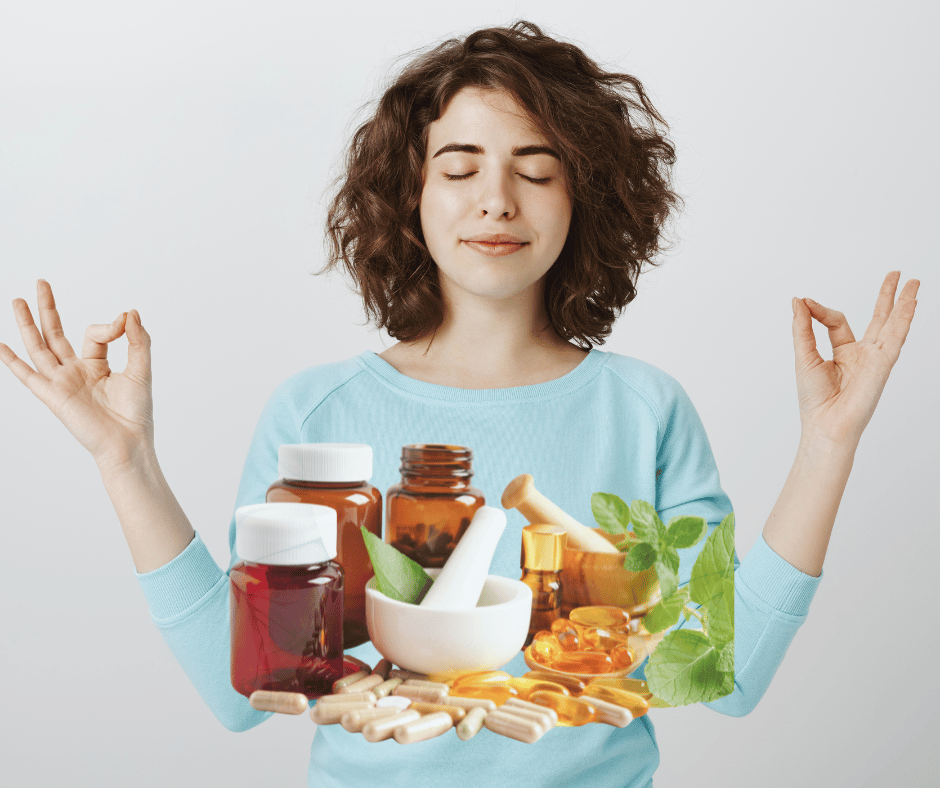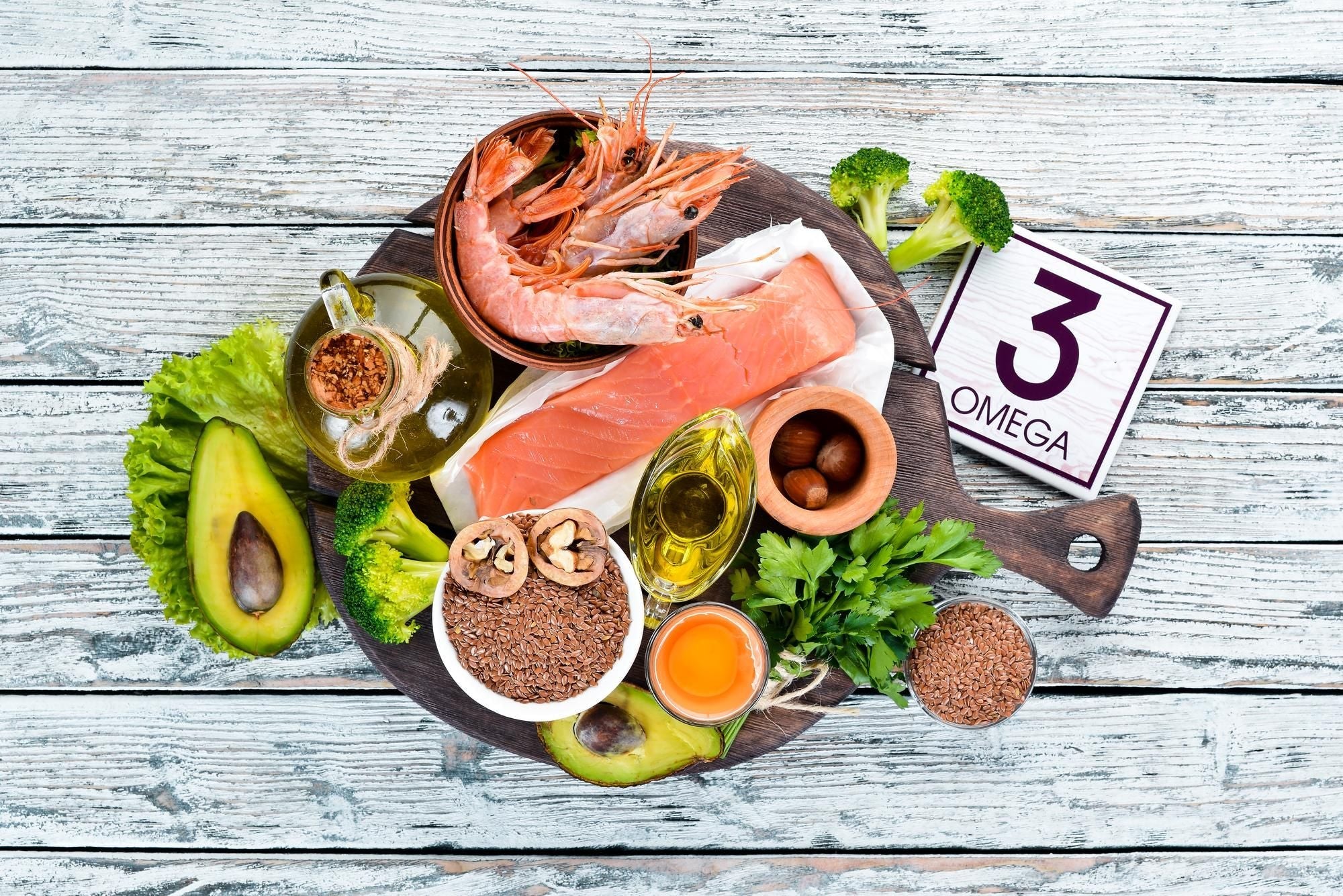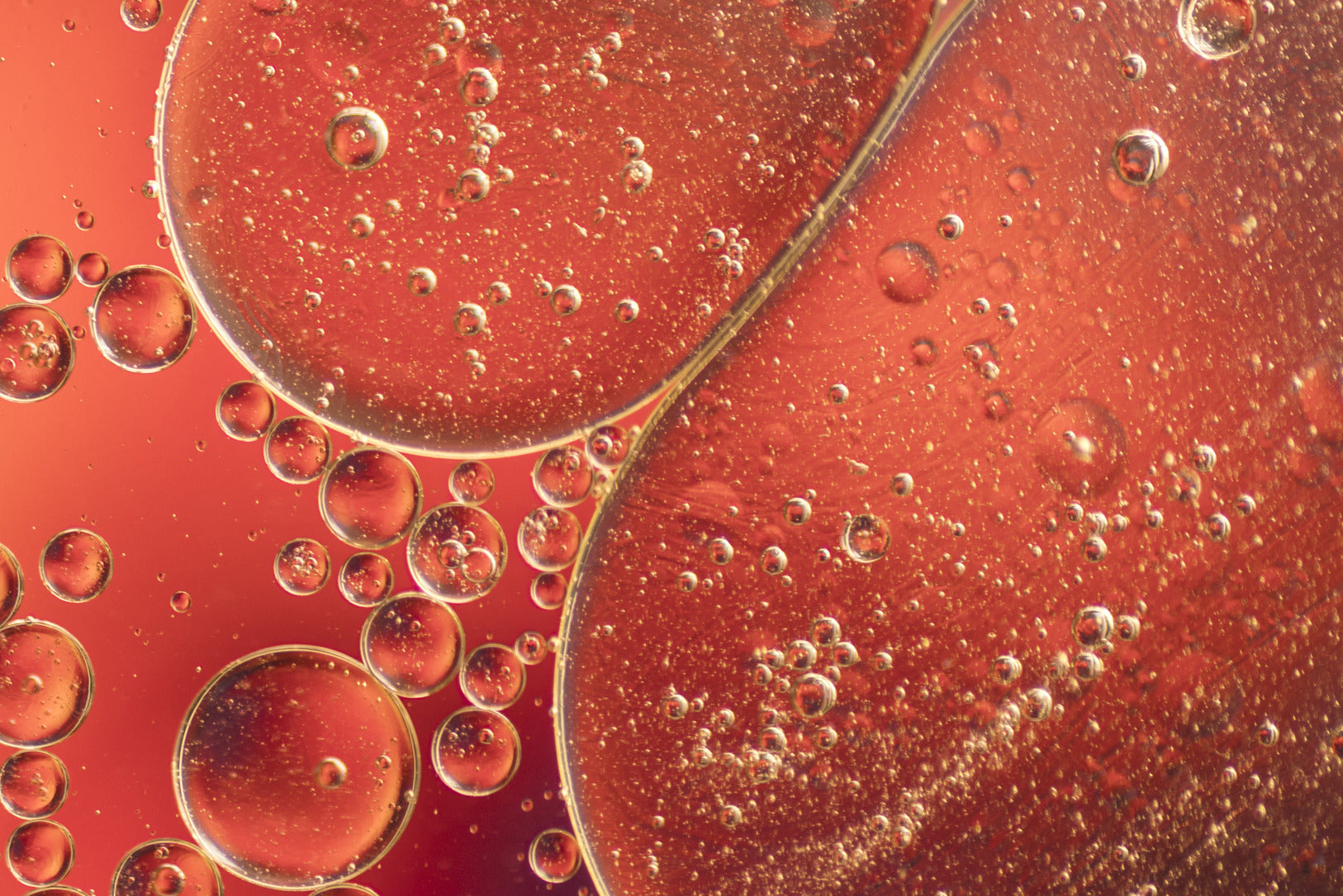
Supplements for Anxiety Disorders
Anxiety has become so common in the modern world that you would rarely find anyone who knows life without it. In most people, this normal stress response has turned into a chronic issue that affects their day-to-day life.
Anxiety can work as a great stimulus when it is manageable. For example, it can motivate you to prepare for an exam or finish a task at work. Even life-changing events can trigger some anxiety — it’s just a part of being human.
However, anxiety becomes a problem when it becomes overwhelming and debilitating. Many people can start feeling trapped in excessive worrying and live in a constant state of fear. When occasional anxiety turns into an anxiety disorder, it is when seeking help becomes necessary.
Differentiating between anxiety and anxiety disorders.
It is important to know whether the level or anxiety you experience is normal or it indicates some kind of disorder. Here are some differences based on symptoms
Normal anxiety:
- Comes up in specific situations or problem
- Lasts only as long as problem lasts
- The level of anxiety is in proportion to the problem
- It is not irrational and is based in reality
- It can be dealt with anxiety relieving techniques
- The person still feels they are under controls
There are several anxiety disorders such as general anxiety disorder, social anxiety disorder, panic disorder and obsessive compulsive disorder. While the symptoms of each disorder may be specific, here are some general characteristic of anxiety disorders:
- Anxiety can come up unexpectedly, sometimes for seemingly no reason
- The anxious response may be way out of proportion to the problem
- Worry and fear about something that may or may not happen in the future
- Anxiety may last even if the problem has been resolved
- Avoidance of situations due to anxiety issues
- Physical symptoms may include sweaty palms, rapid heartbeat, nausea, sleep issues and diminished energy
While symptom recognition can help you understand your levels of anxiety, your blood work can give you better answers. Several blood tests can be indicative of anxiety issues such as the hormone panel, thyroid panel, adrenal stress test and micronutrient testing to name a few.
Treating anxiety disorders
Someone can suffer from anxiety disorders due to a myriad of reasons. You may be genetically predisposed, or been subjected to early-life stress. It can also be triggered by nutritional deficiencies, bad gut health or inflammation. Whatever may be the cause, a holistic approach to anxiety that focuses on nutrition and lifestyle changes is your best bet.
We have covered several nutrient deficiencies that can trigger anxiety disorders. In this article we look at different supplements that one can take to fix their anxiety issues. The supplements that help with anxiety are simply nutritional components that your mind needs for optimal functioning. They have been tested in clinical trials with people with anxiety disorders and have done wonders for them, so we assure you about their effectiveness!
Supplements for Anxiety Disorders.
- Vitamin D3 - Vitamin D3 or the sunshine vitamin functions as a steroid in many brain processes, such as neuroprotection, regulation of neurotrophic factors, neuroplasticity, brain development, and neuroimmunomodulation. Low vitamin D levels have often been associated with increased risk of depression and anxiety.
- Adaptogens - Adaptogens are herbs, roots and other plant substances that help our bodies manage stress and restore balance after a stressful situation. Adaptogens like Ashwagandha and rose root assist the body in managing stress and anxiety. In order to control the release of stress hormones and reduce inflammation, adaptogens influence the HPA axis and other stress response pathways when consumed. They have been used in traditional medicines from ages.
Ashwagandha works by reducing the levels of cortisol or the stress hormone.
Holy Basil or the famous hindu tulsi plant is known to improve mood and cognition.
A combination of magnolia and phellodendron (Phellodendron amurense, a tree also known as Amur cork tree and often used in traditional Chinese medicine) has also been studied for its anti-stress effects and reduces cortisol while improving mood.
Rhodiola Rosea can also help relieve stress and also increase mental performance particularly under stressful conditions
- Magnesium - Magnesium is the premier “calming mineral,” and it can do wonders for reducing anxiety and boosting mood. Studies show that magnesium helps reduce subjective anxiety and stress as it impacts the neurotransmitter balance and works with calcium to maintain optimum nerve transmission. Moreover, magnesium influences biochemical pathways in the brain that may promote relaxation and is a great standby for a good night’s sleep, which is very important for people with anxiety disorders. There are different forms of magnesium, the one found to be most effective is magnesium bisglycinate.
- Tryptophan - L-tryptophan, one of the essential amino acids or breakdown of proteins in humans, is a precursor of serotonin, and hence it has proven to be effective in suppression of depressed and anxious moods.
- L theanine - L theanine is an amino acid that is found in green tea leaves and one of the few nutrients that cross the blood brain barrier easily. It has properties that can help you improve mood and cognition. Many studies also report that supplementing L theanine daily helps reduce stress and anxiety.
- Probiotics - Probiotics are living organisms and are the gut microbiota’s major component. For a healthy mental health, it is imperative to have a healthy gut. Supplementing the two common probiotics, Lactobacillus and Bifidobacterium, can help with anxiety disorders. Their positive effect on human behaviour and biochemicals is backed by evidence. Studies have shown a significant decrease in symptoms of anxiety and depression when supplemented with probiotics.
- Saffron - Saffron is a spice traditionally used in medicines to cure mental issues.It is theorised to help modulate neurotransmitters. Studies also show that combining saffron with probiotics have maximum effect in treating anxiety and depression.
- Lavender - Lavender has been studied for its use in a number of ways, including its ability as an anxiolytic, mood stabiliser, and relaxation. It works by activating the parasympathetic nervous system to promote relaxation, affecting serotonin signalling and decreasing nerve excitability.
- GABA - GABA or Gamma-aminobutyric acid is a neurotransmitter responsible for providing calming effects. It is often deficient in people with anxiety disorders and major depression. GABA plays a role in regulating serotonin and dopamine, so neurological and mental health conditions occur when there are imbalances in GABA signalling.
- Omega-3s - Omega-3 fatty acids are found in fish oil and krill oil. They are one of the most effective supplements to stay mentally healthy as they have anti-inflammatory properties and help decrease cortisol levels. DHA or (docosahexaenoic acid) found in omega-3 fats, is a constituent of nerve cell membranes in the brain and plays an important role in normal brain development and function, which is essential to fight anxiety.
- B Vitamins - Certain B vitamins such as Folate, Vitamin B12, and B6 can help alleviate major symptoms of anxiety as they facilitate the synthesis of various neurotransmitters. These vitamins together help in the metabolism and conversion of an amino acid called homocysteine. Elevated homocysteine levels may hinder the normal synthesis of hormones such as dopamine, norepinephrine, and serotonin and also lead to the production of neurotoxic compounds that may have harmful effects on dopaminergic neurons. Therefore, B vitamins are necessary to maintain the ideal levels of homocysteine for good mental health.
Creating a Supplement Stack
It is always preferred to get your blood work done before adding any supplements to your list. A good diet favouring your brain function along with these supplements can help one deal with chronic anxiety. People often buy one supplement and expect to see results, however, combining several supplements will get you the most benefits. It is also important to check other aspects like the right doses and the right time to consume them. Lastly, remember to not solely depend on supplements and integrate other practices like inner work and meditation for your mental health.References
- Gawade, A., & Dave, S. (2022, December 28). Vitamin D and depression. iThrive Supplements | iTHRIVE. https://www.ithrivein.com/blog/vitamin-d-and-depression
- Biswas, C., & Dave, S. (2023, June 15). Adaptogens. Alive | iTHRIVE. https://www.ithrivein.com/blog/adaptogens
- A-Cfhc, L. C. M. C. L. (2019b, November 27). Nutrition and mental health: what’s the connection? Chris Kresser. https://chriskresser.com/nutrition-and-mental-health-whats-the-connection/
- Jain, R., & Dave, S. (2022, October 12). Importance of magnesium. Nutrients | iTHRIVE. https://www.ithrivein.com/blog/importance-of-magnesium
- A Functional medicine approach to anxiety: testing, nutrition, & supplements. (2023b, May 12). Rupa Health. https://www.rupahealth.com/post/a-functional-medicine-approach-to-anxiety
- Harrington, S. (2023, August 1). Reduce anxiety and mood disorders. Life Extension. https://www.lifeextension.com/magazine/2016/3/safely-reduce-anxiety-and-mood-disorders
- Tammadon, M. R., Nobahar, M., Hydarinia-Naieni, Z., Ebrahimian, A., Ghorbani, R., & Vafaei, A. A. (2021). The effects of valerian on sleep quality, depression, and state anxiety in hemodialysis patients: a randomized, double-blind, crossover clinical trial. Oman Medical Journal, 36(2), e255. https://doi.org/10.5001/omj.2021.56
- Weeks, B. S., Gordon, D., Sandhaus, S., & Williams, M. (2020b). Anxiety and anxiety disorders. https://www.lifeextension.com/protocols/emotional-health/anxiety
- Lavender: Lavender and The Nervous System: https://www.ncbi.nlm.nih.gov/pmc/articles/PMC3612440/



Leave a comment
This site is protected by hCaptcha and the hCaptcha Privacy Policy and Terms of Service apply.